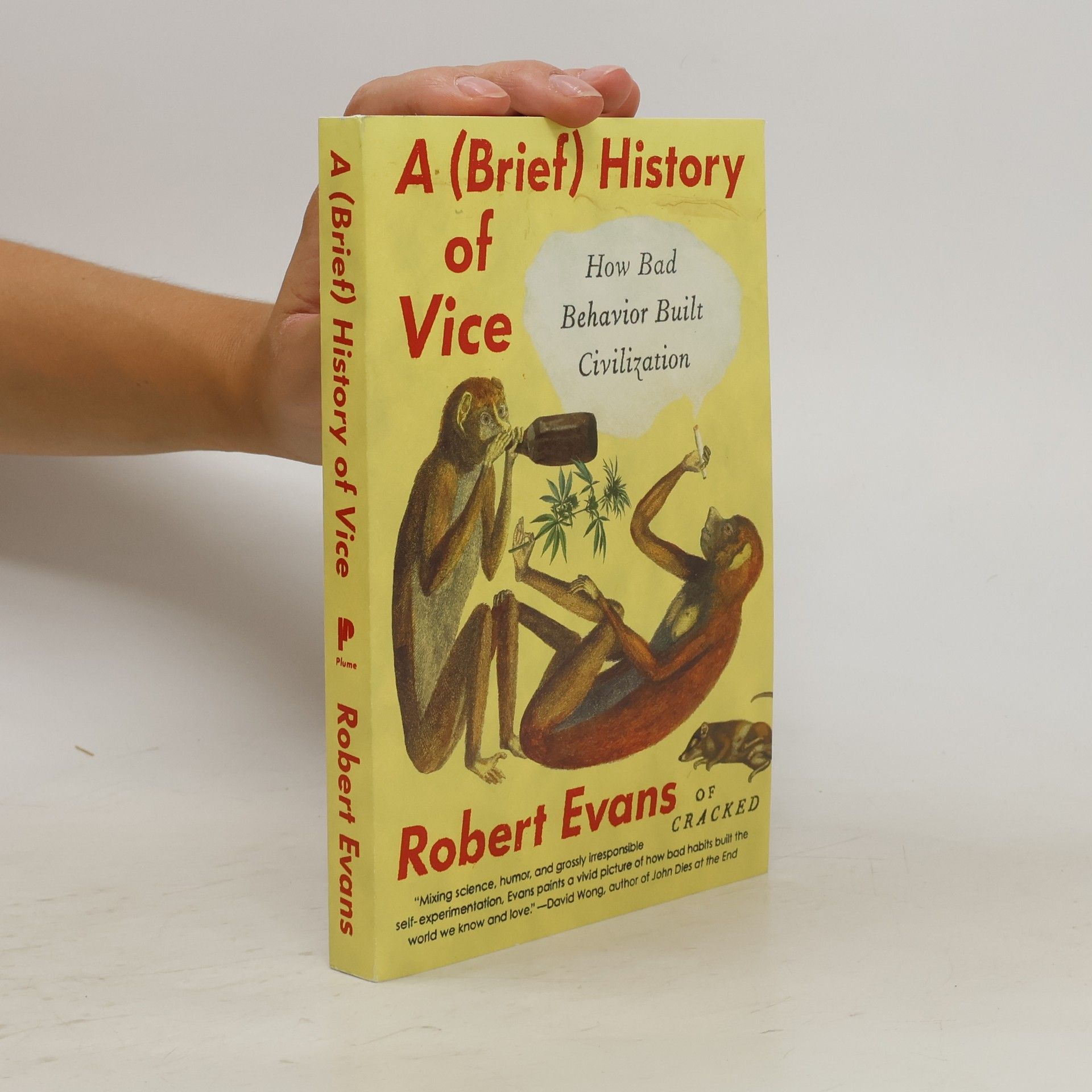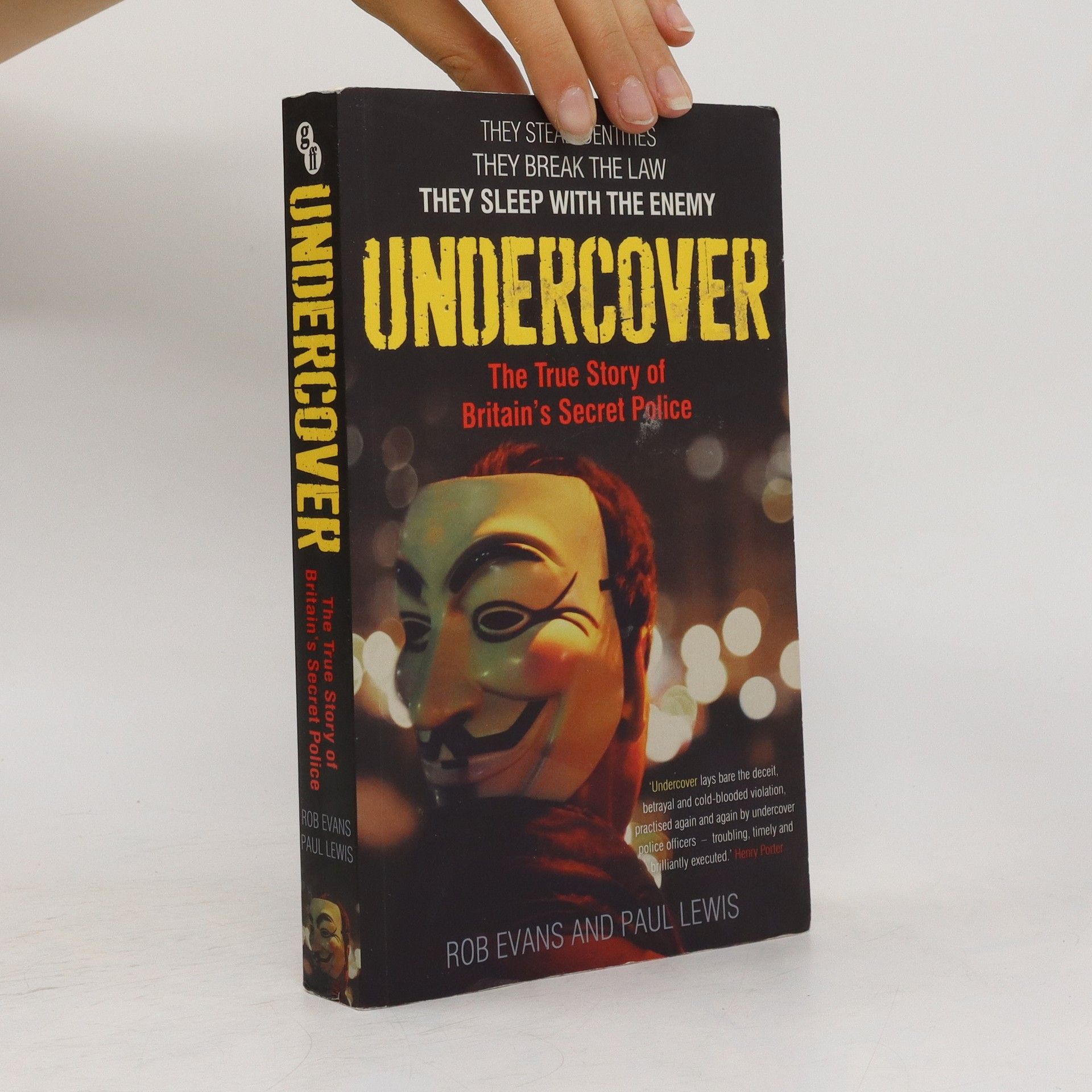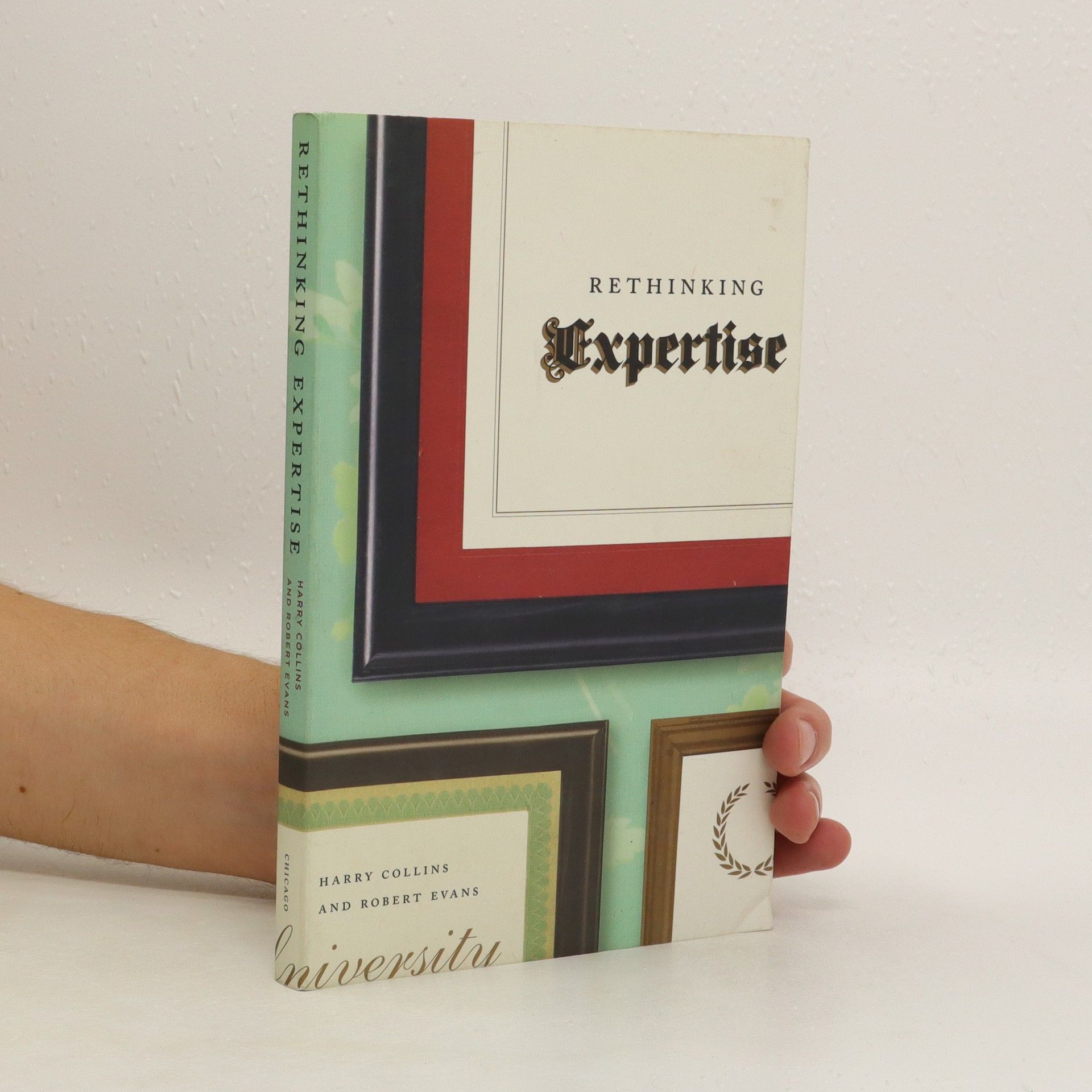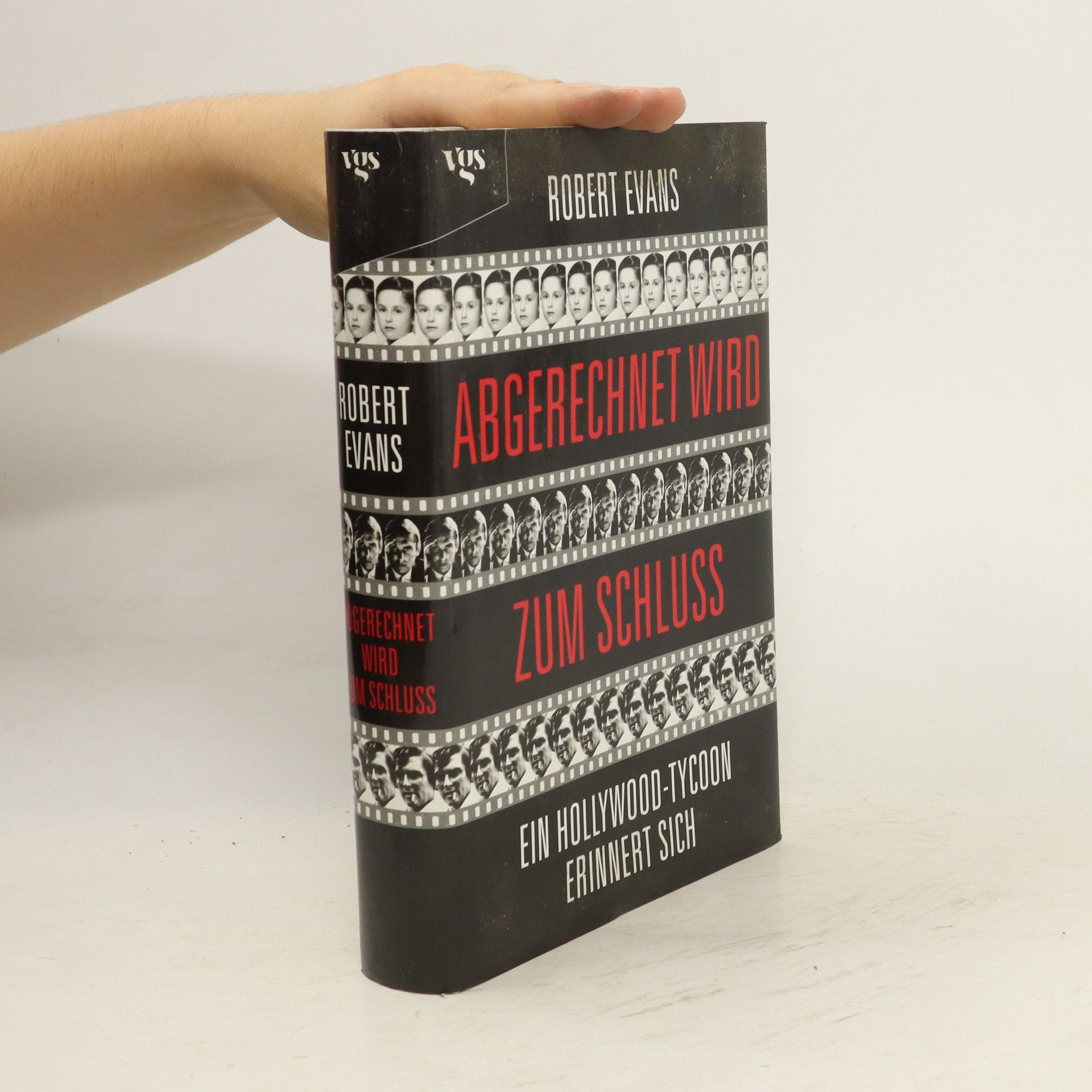Abgerechnet wird zum Schluss
- 416 Seiten
- 15 Lesestunden
Robert Evans war ein amerikanischer Filmproduzent, der vor allem für seine Arbeit an Filmen wie Rosemary's Baby, Love Story, Der Pate und Chinatown bekannt ist. Seine Produktionen zeichneten sich durch ein ausgeprägtes Verständnis für filmisches Handwerk und die Fähigkeit aus, Geschichten auszuwählen, die beim Publikum Anklang fanden. Evans' Einfluss auf Hollywood war beträchtlich, und sein Ansatz bei der Filmerstellung prägte oft die Richtung der Branche. Sein Vermächtnis ist in einigen der ikonischsten Filme des amerikanischen Kinos verankert.






What will the fracturing of the United States look like? After the Revolution is an edge-of-your-seat answer to that question. In the year 2070, twenty years after a civil war and societal collapse of the "old" United States, extremist militias battle in the crumbling Republic of Texas. As the violence spreads like wildfire and threatens the Free City of Austin, three unlikely allies will have to work together in an act of resistance to stop the advance of the forces of the white Christian ethnostate known as the "Heavenly Kingdom." Out three protagonists include Manny, a fixer that shuttles journalists in and out of war zones and provides footage for outside news agencies. Sasha is a teenage woman that joins the Heavenly Kingdom before she discovers the ugly truths behind their movement. Finally, we have Roland: A US Army vet kitted out with cyberware (including blood that heals major trauma wounds and a brain that can handle enough LSD to kill an elephant), tormented by broken memories, and 12,000 career kills under his belt. In the not-so-distant world Evans conjures we find advanced technology, a gender expansive culture, and a roving Burning Man-like city fueled by hedonistic excess. This powerful debut novel from Robert Evans is based on his investigative reporting from international conflict zones and on increasingly polarized domestic struggles. It is a vision of our very possible future.
What does it mean to be an expert? In Rethinking Expertise, Harry Collins and Robert Evans offer a radical new perspective on the role of expertise in the practice of science and the public evaluation of technology. Collins and Evans present a Periodic Table of Expertises based on the idea of tacit knowledge—knowledge that we have but cannot explain. They then look at how some expertises are used to judge others, how laypeople judge between experts, and how credentials are used to evaluate them. Throughout, Collins and Evans ask an important question: how can the public make use of science and technology before there is consensus in the scientific community? This book has wide implications for public policy and for those who seek to understand science and benefit from it. “Starts to lay the groundwork for solving a critical problem—how to restore the force of technical scientific information in public controversies, without importing disguised political agendas.”—Nature “A rich and detailed ‘periodic table’ of expertise . . . full of case studies, anecdotes and intriguing experiments.”—Times Higher Education Supplement (UK)
'Undercover lays bare the deceit, betrayal and cold-blooded violation practised again and again by undercover police officers - troubling, timely and brilliantly executed.' Henry Porter The gripping stories of a group of police spies - written by the award-winning investigative journalists who exposed the Mark Kennedy scandal - and the uncovering of forty years of state espionage. This was an undercover operation so secret that some of our most senior police officers had no idea it existed. The job of the clandestine unit was to monitor British 'subversives' - environmental activists, anti-racist groups, animal rights campaigners. Police stole the identities of dead people to create fake passports, driving licences and bank accounts. They then went deep undercover for years, inventing whole new lives so that they could live incognito among the people they were spying on. They used sex, intimate relationships and drugs to build their credibility. They betrayed friends, deceived lovers, even fathered children. And their operations continue today. Undercover reveals the truth about secret police operations - the emotional turmoil, the psychological challenges and the human cost of a lifetime of deception - and asks whether such tactics can ever be justified.
A celebration of the brave, drunken pioneers who built our civilization one seemingly bad decision at a time, A Brief History of Vice explores a side of the past that mainstream history books prefer to hide. History has never been more fun—or more intoxicating. Guns, germs, and steel might have transformed us from hunter-gatherers into modern man, but booze, sex, trash talk, and tripping built our civilization. Cracked editor Robert Evans brings his signature dogged research and lively insight to uncover the many and magnificent ways vice has influenced history, from the prostitute-turned-empress who scored a major victory for women’s rights to the beer that helped create—and destroy—South America's first empire. And Evans goes deeper than simply writing about ancient debauchery; he recreates some of history's most enjoyable (and most painful) vices and includes guides so you can follow along at home. You’ll learn how to: • Trip like a Greek philosopher. • Rave like your Stone Age ancestors. • Get drunk like a Sumerian. • Smoke a nose pipe like a pre–Columbian Native American. “Mixing science, humor, and grossly irresponsible self-experimentation, Evans paints a vivid picture of how bad habits built the world we know and love.”—David Wong, author of John Dies at the End
Exploring the depths of the human experience, this novel offers a profound examination of life, love, and the struggles that are an inevitable part of existence. With a masterful narrative, the author presents a thought-provoking journey that invites readers to reflect on the complexities of their own lives. This captivating work showcases a fresh literary voice, making it a compelling addition to contemporary literature.
With 25 years of experience, Robert Evans offers engaged couples invaluable insights into achieving stunning wedding photography. Drawing from his work with A-list celebrities, he provides practical advice on everything from selecting the right photographer to managing family dynamics and posing effectively. His goal is to empower couples to capture their unique love story through meaningful images, ensuring a memorable photography experience that yields lasting memories for generations to come.
Historie nikdy nebyla tak zábavná a opojná. Zbraně, ocel a bakterie udělali z nás, pradávných lovců a sběračů, moderního člověka, ale na chlastu, sexu, „dobrym matroši“ a sprosťárnách stojí naše civilizace. Robert Evans svým neopakovatelným způsobem odhaluje a popisuje události, o kterých se v učebnicích dějepisu nedočtete. Například příběh prostitutky, ze které se stala císařovna a vymohla ženám jedno z nejdůležitějších práv vůbec – právo pít pivo, což napomohlo ke zhroucení první říše v Jižní Americe. Dále se naučíte: kouřit dýmku nosem jako původní obyvatelé Severní Ameriky, zahulit jako řečtí filosofové, opít se jako Suméřané nebo se odvázat jako naši předci z doby kamenné. Zahřešíte se starými vyznavači Islámu, přečtete si první bulvární plátek z dob starověkého Řecka a seznámíte se s podivuhodnou historií sexuálního byznysu.